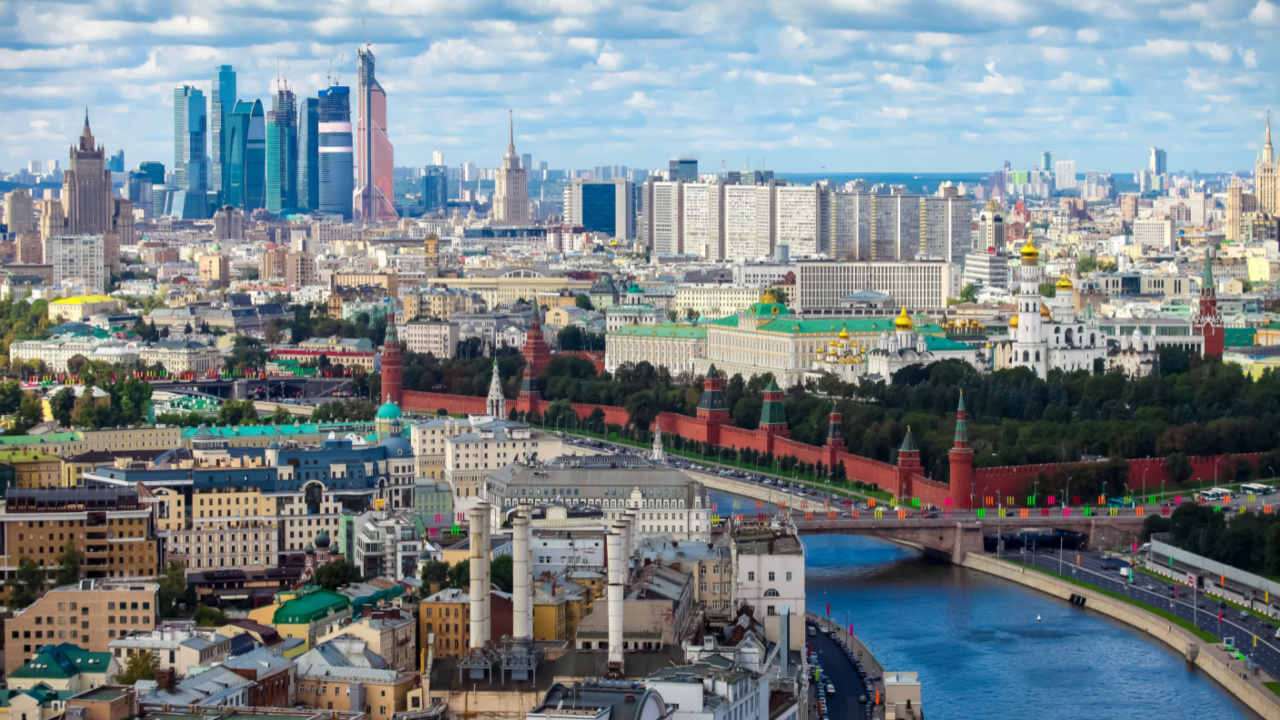Tags in this story
changes, central bank, changes, cryptocurrency, cryptocurrency, Ministry of Economy, nft, NFTs, non-fungible tokens, regulation, regulations, Russia, Russian, tokens
all about cryptop referances


Authorities in Russia are preparing a series of changes to existing laws to enact rules for the country’s market for non-fungible tokens, or NFTs. A working group has discussed the matter and proposed solutions to legally define and regulate transactions with the digital collectibles.
The Ministry of Economic Development in Moscow plans to promote several amendments to the Civil Code and the Law “On Digital Financial Assets”, to regulate the NFT market in Russia. The news comes from a meeting of a special working group which was held at the initiative of the ministry.
During the discussions, the participants provided legal definitions for the digital collectibles and drafted the necessary changes to the law, crypto news outlet Bits.media reported on Tuesday. The meeting was attended by representatives of the Central Bank of Russia (CBR) and Vkontakte, the leading Russian social media network that earlier this year announced intentions to introduce support for blockchain and NFTs on its platform.
The Bank of Russia, known for its hard stance on cryptocurrencies, insists that the Ministry of Economy should not deal with the issues related to the regulation of digital tokens. According to the monetary authority, these fall under its and the Ministry of Finance’s competence. The regulator opposes the legalization of the circulation of cryptos such as bitcoin in Russia and their use for payments.
The report adds that for now the industry is waiting to see how the situation develops from here. Andrey Tugarin, managing partner of GMT Legal, shared his opinion that an incorrect definition of digital collectibles in Russian legislation can significantly limit the scope of their application.
“The functionality of NFTs is not limited to digital art for a long time. They can act as tickets to events or as a form of securing ownership of virtual property, and as collateral,” he pointed out.
Russian officials want to expand the country’s regulatory framework for both cryptocurrencies and tokens, which currently mainly consists of the law “On Digital Financial Assets” that came into force in January 2021. It introduced the terms digital financial assets, which partially covers cryptocurrencies, and digital rights or tokens.
A bill tailored to determine the legal status of NFTs was sent to the State Duma in May. Russian lawmakers are also expected to review a new draft law “On Digital Currency” during the fall session of the lower house of parliament.
Do you think Russia will develop a regulated market for non-fungible tokens? Share your expectations in the comments section below.
Image credit: Shutterstock, Pixabay, Wiki Commons, Pavel Burchenko
Disclaimer: This article is for informational purposes only. It is not a direct offer or solicitation of an offer to buy or sell, or an endorsement or recommendation of products, services or companies. Bitcoin.com does not provide investment, tax, legal or accounting advice. Neither the company nor the author is responsible, directly or indirectly, for any damage or loss caused or alleged to be caused by or in connection with the use of or reliance on content, goods or services mentioned in this article.